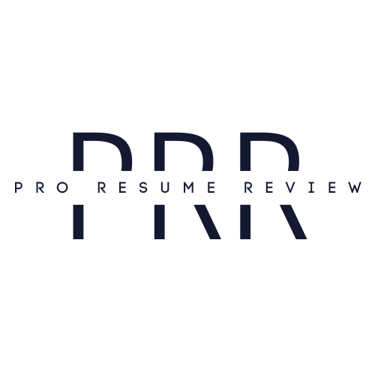What Is a Case Interview?
A beginner’s guide for aspiring consultants and bankers


If you're preparing for a career in consulting or investment banking, you may have heard whispers — or warnings — about the dreaded "case interview." But what exactly is it, and why do top firms like McKinsey or Goldman Sachs use it?
Let’s break it down.
Picture This...
You walk into an interview, nerves buzzing. After a quick intro, your interviewer leans in and says:
“Our client is a national retail chain that’s seen a sharp drop in profits. They’ve asked us to figure out what’s going wrong and how to fix it. Where would you start?”
This isn’t a trick question — it’s the beginning of a case interview, a common part of the hiring process for many consulting and strategy roles. Rather than asking about your résumé or hypothetical strengths and weaknesses, your interviewer wants to see how you think through a real-world business problem.
In case interviews, how you think about the problem matters more than your answer.
Why Do Firms Use Case Interviews?
Firms like McKinsey, BCG, Bain, and increasingly, groups within investment banks — especially in M&A advisory, corporate strategy, or private equity — rely on case interviews as they closely mirror the kind of thinking and skillset needed to succeed in these roles.
Whether you're advising a Fortune 500 company on entering a new market or evaluating a buyout opportunity, you’ll be asked to:
Work with incomplete information
Break down a messy problem
Interpret financial and market data
Communicate clearly, even under pressure
That’s what case interviews are all about.
What to Expect in Consulting Case Interviews
If you’re interviewing for a consulting firm, expect the case to be the centerpiece of your interview. You’ll be handed a scenario — often drawn from real client work — and asked to walk the interviewer through how you’d solve it.
Typical case types include:
Profitability
A client’s profits are falling. What’s driving the decline?
Market entry
Should a tech company expand into (insert new geographic market)?
Mergers & acquisitions
Should two companies merge? What are the risks?
Growth strategy
How can a beverage brand grow revenue by 20%?
Your job isn’t to magically know the answer. Instead, you’ll ask clarifying questions, lay out a logical framework, walk through data if it’s provided, and suggest next steps — all while thinking out loud so the interviewer can follow your reasoning.
How Case Interviews Show Up in Banking
In investment banking, especially at the entry level, interviews tend to focus more on financial modeling and technical questions. However, for roles in private equity, corporate development, or M&A strategy, case interviews start to look a lot like consulting.
A typical banking case might sound like this:
“A client is considering acquiring a distressed company. How would you evaluate whether it’s a good move?”
Now the lens shifts more toward valuation, deal rationale, financial risk, and return potential — but the underlying skills are the same: logic, structure, and commercial awareness.
These banking cases blend business judgment with financial know-how, making them a bit more quantitative but still strategic.
How to Prepare
Good news: you can absolutely learn how to ace case interviews — and many candidates do. Here’s how to start:
Learn basic business frameworks
Familiarize yourself with tools like:
The Profitability Framework
Porter's Five Forces
The 4 Ps (Product, Price, Place, Promotion)
M&A Deal Evaluation Models
Practice aloud
Work through sample cases out loud — solo or with a partner — to build comfort explaining your thinking in real time.
Sharpen your mental math
Fast, accurate calculations under pressure can help you stand out — especially in roles with a financial edge.
Think like a business owner
Whether you’re advising a Fortune 500 or evaluating a small acquisition, your job is to see the bigger picture and make decisions that create value.
The Bottom Line
Case interviews can feel intimidating at first — but they’re also a rare opportunity to show what you can actually do. Unlike traditional interviews, where you may be judged on your background, case interviews let you prove your thinking in real time.
If you’re aiming for a role in consulting or strategic finance, learning to approach a case with clarity, curiosity, and confidence can set you apart.
And remember: It’s not about getting the “right” answer. It’s about how you think.
Hey New Grads — Ready to Nail Your Next Interview?
Download 5 Interview Tips Every New Grad Should Know — FREE Guide Here!
Learn what recruiters actually want to hear—and how to prep smarter without burning out.
